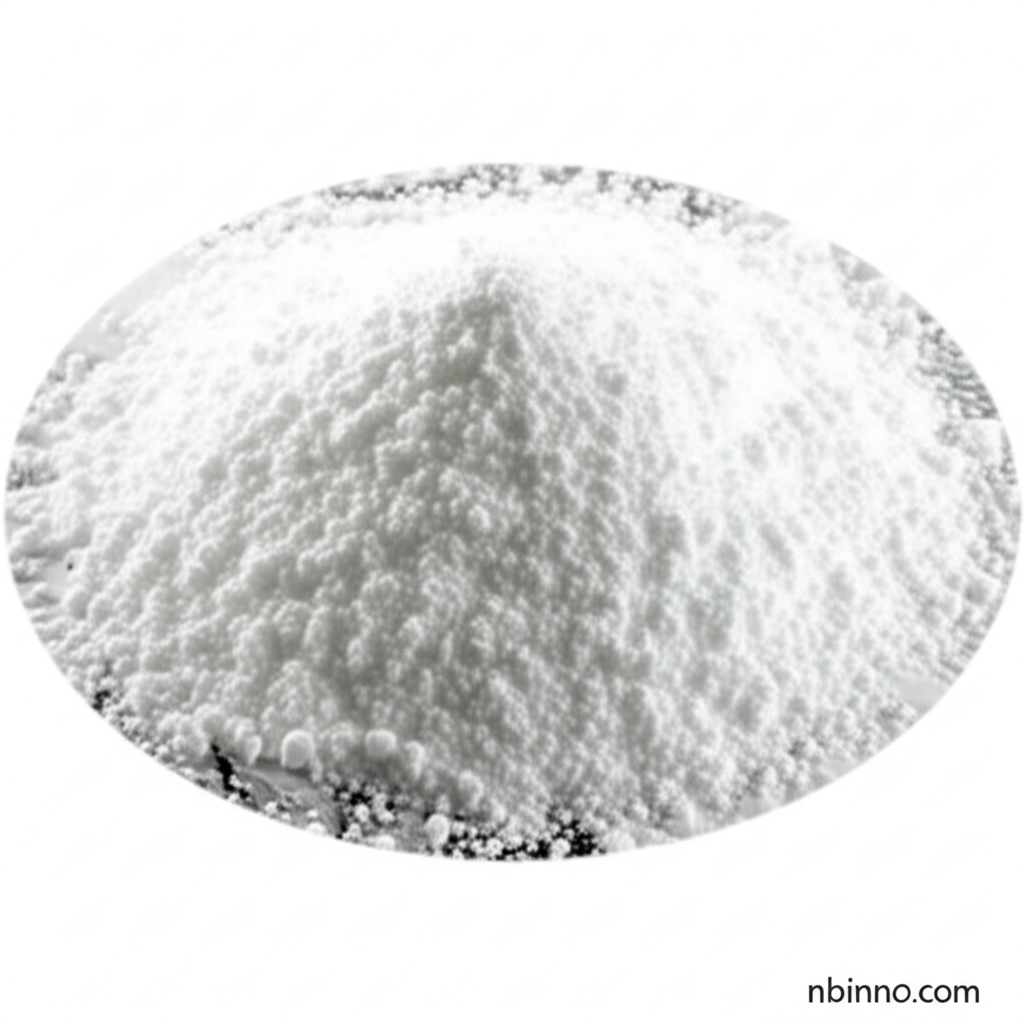Microcrystalline Cellulose: Essential Excipient for Pharmaceutical Innovation
Discover the properties and applications of Microcrystalline Cellulose, a vital ingredient for effective drug formulations.
Get a Quote & SampleUnlocking Pharmaceutical Potential with Microcrystalline Cellulose

Microcrystalline Cellulose
Microcrystalline Cellulose (MCC) is a cornerstone excipient in the pharmaceutical industry, prized for its exceptional binding capabilities, compressibility, and inertness. Its unique physicochemical properties facilitate the creation of stable and effective solid dosage forms.
- Microcrystalline cellulose pharmaceutical excipient properties make it ideal for various drug formulations, ensuring tablet integrity and consistency.
- As a binder, MCC facilitates the cohesion of powdered ingredients, holding drugs and excipients together for robust tablet formation.
- Its role as a disintegrant aids in the breakdown of tablets within the body, promoting faster drug release and improved bioavailability.
- The excellent microcrystalline cellulose for direct compression capabilities simplify manufacturing processes, allowing for efficient production of tablets without granulation.
Key Advantages of Using Microcrystalline Cellulose
Enhanced Compressibility
MCC's high compressibility ensures the formation of hard, durable tablets even under low compression pressures, contributing to microcrystalline cellulose binder properties.
Versatile Application
From direct compression to wet granulation, MCC's adaptability supports a wide range of pharmaceutical manufacturing techniques, fulfilling various uses of microcrystalline cellulose in tablets.
Chemical Inertness and Safety
The inert nature of MCC ensures minimal interaction with active pharmaceutical ingredients, enhancing drug stability and safety, a critical aspect of microcrystalline cellulose safety in pharmaceuticals.
Diverse Applications Across Industries
Pharmaceutical Manufacturing
MCC is indispensable in tablet and capsule production, acting as a binder, filler, and disintegrant, crucial for microcrystalline cellulose pharmaceutical excipient performance.
Food Industry
In food production, MCC functions as an anti-caking agent, stabilizer, and bulking agent, enhancing texture and shelf-life, demonstrating its versatility beyond pharmaceuticals.
Cosmetics and Personal Care
Used in cosmetics for its thickening and texturizing properties, MCC improves the consistency and feel of products like creams and makeup.
Nutraceuticals
MCC plays a vital role in nutraceutical formulations, acting as a carrier and binder for supplements, ensuring consistent dosing and product stability.
